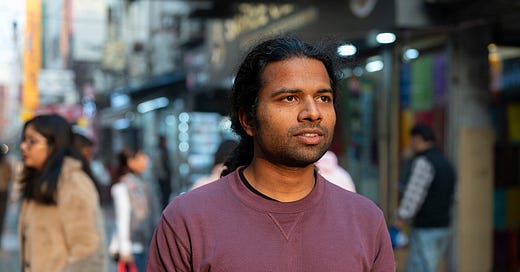
Last spring, Atal Agarwal, 31, quit his job at the San Francisco office of Businessolver, a healthcare-focused tech company. The decision meant leaving not only his job but the United States as well, and returning to India, where he was born.
The American dream, he concluded, was no longer worth the cost.
With bachelor’s and master’s degrees from the Indian Institute of Technology—India’s most prestigious engineering institution, which educated Google and Alphabet CEO Sundar Pichai—Agarwal had arrived in the U.S. in 2017 to pursue a graduate degree in technology management at the University of California, Santa Barbara.
“The possibilities felt endless. I always wanted to be an entrepreneur, to build something revolutionary, like Elon Musk,” he told me.
But after he entered the workforce, those possibilities looked a lot more limited—solely because of his immigration status. After graduation, he applied for the job at Businessolver, and the company offered to sponsor his H-1B visa. Agarwal enjoyed working there, but the future was still daunting: If he ever wanted to quit, he’d have two months to either leave the country or find another employer willing to sponsor him. There was no path under the H-1B program for him to strike out on his own and pursue his dream of building an AI-focused start-up in the U.S.
“I felt chained,” Agarwal said. “Every day I felt like my dreams were being crushed. I was heading in a direction I didn’t want to go.”


